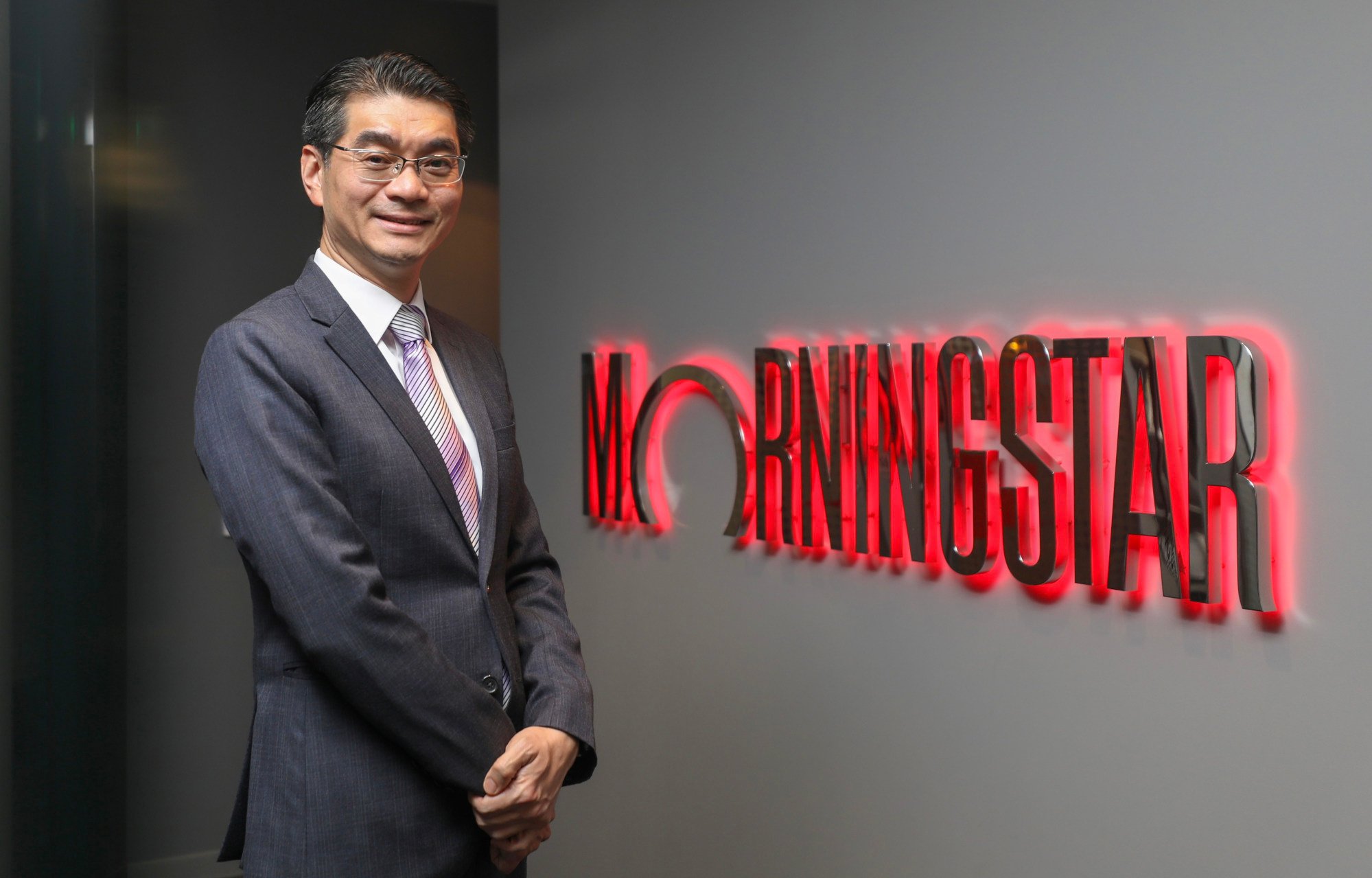
Climate change: Asian firms must accelerate decarbonisation efforts to catch up with global warming targets, Morningstar Sustainalytics says
- Morningstar’s ‘low carbon transition rating’ coverage of 4,000 mostly listed, medium- and large-sized companies globally includes 1,650 Asia-Pacific entities
- Asia-Pacific region’s average transition score is similar to the global average of 2.9 degrees celsius
Companies in Asia-Pacific must step up their decarbonisation efforts as their current trajectory would cause the world to warm by close to 3 degrees celsius, according to sustainability data and ratings provider Morningstar Sustainalytics.
Included in its coverage of 4,000 mostly listed, medium- and large-sized companies from across the world are 1,650 Asia-Pacific entities under its “low carbon transition rating” assessment. The region’s average transition score is similar to the global average of 2.9 degrees, said Nick Cheung, CEO of Morningstar Asia.
“This is quite concerning,” he told the Post in an interview. “Based on the way these companies are managing their carbon emissions, we don’t see how the world can achieve the 1.5 degree target as committed by nations under the Paris Agreement. If industries do not step up their decarbonisation efforts, this target is almost meaningless.”
The rating, and the analysis provided in reports, are often used by asset management companies for creating investment fund products with climate mitigation and sustainability themes. Such considerations are even more pertinent at a time when greenwashing, the act of making unsubstantiated sustainability claims, has become an issue for regulators as funds with environment, social and governance themes gained popularity.

The implied global warming trajectory as indicated by Morningstar’s ratings of the 4,000 companies excludes the impact of small companies which typically make up the bulk of businesses in most economies. This is a cause for worry.
“While we do not have the data on smaller companies, we are concerned that they as a group are on an over-4-degree warming pathway,” Cheung said. “They tend not to have the kind of resources that large companies have and can put in to assess and drive down emissions.”
Lack of reporting standards, data hindering sustainable investments: Morningstar, FTSE Russell
Morningstar Sustainalytics, a 30 year-old environment, social and governance data provider and consultancy, was taken over by US-based funds researcher Morningstar in 2020.
The climate transition rating is based on some 85 metrics assessing companies’ impact on climate. It measures a company’s alignment with the global ambition to limit global warming to 1.5 degrees by achieving net zero emissions by 2050.
The ratings take into account metrics such as a company’s existing full supply chain emissions, decarbonisation targets, climate mitigation strategies, the use of carbon pricing to guide corporate decisions and quality of climate risks and opportunities disclosure.
Expressed in degree celsius, the ratings assess the magnitude to which the world is forecast to warm, if a rated company’s excess emissions compared to its “fair share” of the global emissions “budget” based on the target, is replicated by all companies.
Within Asia-Pacific, only 22 per cent of the rated firms are on a trajectory of 2 degrees or below, while half are rated at between 2 and 3 degrees, 17 per cent are in the 3-to-4-degree category and 11 per cent are in the above 4-degrees rating slot, Cheung said.
Up until March 31, just one out of the 4,000 rated firms, Switzerland-based Novartis Pharmaceuticals was on the desired 1.5 degree-pathway, a standard that is on track to achieving net zero emission by 2050.
In Asia, South Korea published new guidelines for ESG evaluation agencies on May 27, while Japan and India have already introduced regulatory frameworks for rating providers.
Hong Kong's Securities and Futures Commission, which has yet to publish guidelines on this front, has been considering drawing upon different codes of practice from different jurisdictions, said Anthony Wong, director of intermediaries supervision at the SFC on June 5.
“If the intention of any impending regulation is to bring more and clearer information for investors, we will support,” Morningstar’s Cheung said. “We do not see it as a potential threat.”

